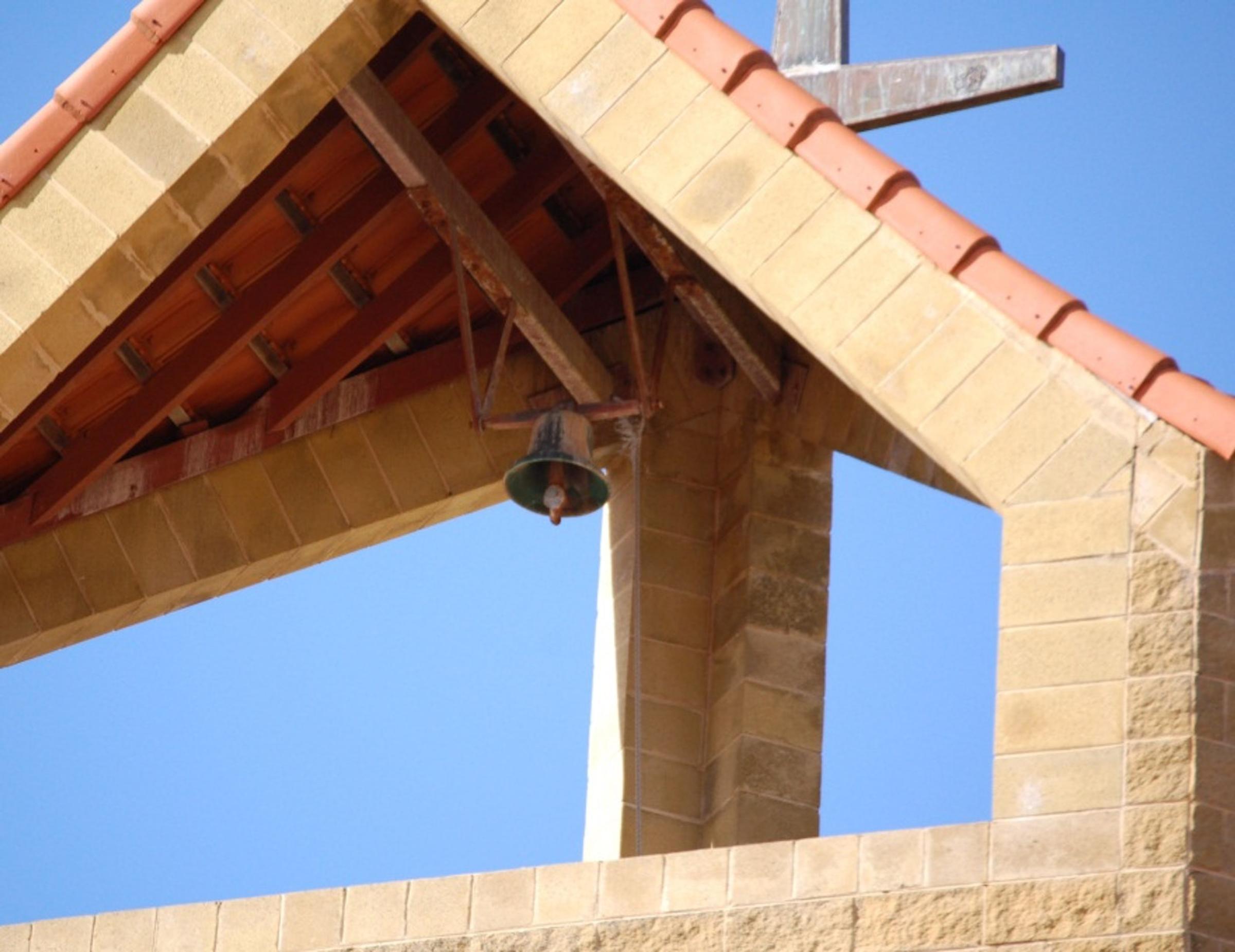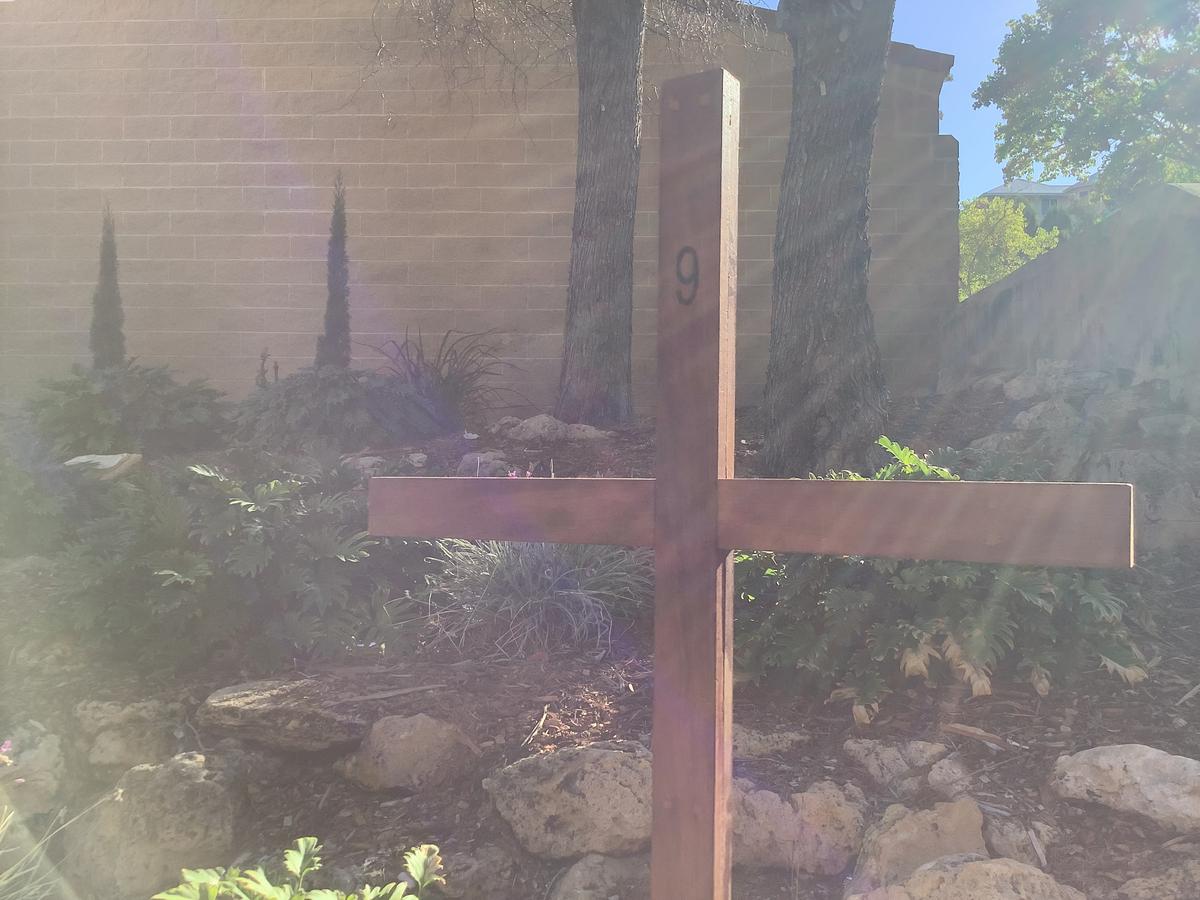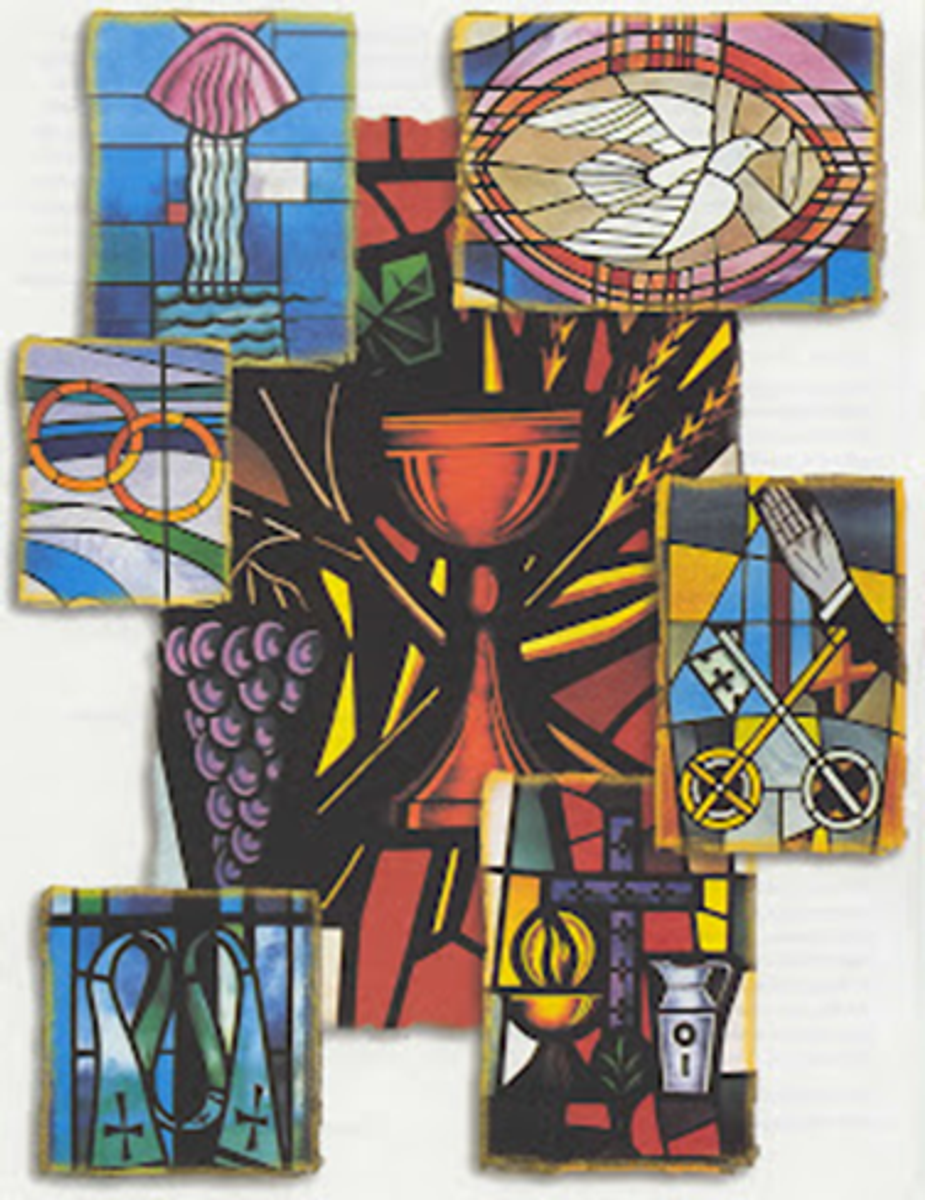Liturgy

Community Mass
If you would like to take up the opportunity of attending Community Mass during Lent, we have two remaining occasions this term.
Next Friday’s liturgy on 24 March will be prepared by Campion House and is a special occasion as it is also Live Simply Day. Live Simply Day is about being in solidarity with members of our human family. Receiving and becoming the Body of Christ in the Eucharist challenges people to meet Christ in others, especially those who are poor or isolated – with whom Jesus had a special relationship. We would love to welcome students and families from all Houses to begin Live Simply Day by participating in the 8:00am Mass in the Chapel.
Thursday 30 March will be the final Community Mass for Term 1, and it will be prepared by various Secondary students. We will have the readings of Palm Sunday to mark our College community’s entering into Holy Week. Mass will commence at the usual time of 8am – and will be preceded by the blessing and procession of palms commencing at 7:30am in the Library courtyard.
Thursday’s Mass is in lieu of Friday 31 March. There will be NO Community Mass Friday 31 March, due to Student Parent Teacher Interviews.
All are welcome to our community liturgy. Just come to the Chapel – the bell will ring out across the College about 10 minutes prior to Mass. Families are welcome to get a coffee from the Circle of Friends Café after the liturgy.
Community Mass details:
- College Chapel
- Fridays in term time
- Starts: 8:00am and concludes 8:30am.
NB – Week 9 Mass will be Thursday 30 Mass (no Mass on Friday)
Procession of Palms: 7:30am – Library Courtyard
Mass: 8:00am - Chapel
No Community Mass Friday 31 March, due to Student-Parent-Teacher Interviews.
Living a Eucharistic Vision
The reflection is by the Honorable Peter Quinlan, Chief Justice of Western Australia and parent at John XXIII College, as well as former student of the College. The extract below is part of a longer address for the Australian Catholic History Symposium, held at University of Notre Dame Australia in September 2021. It is reproduced here with the kind permission of Justice Quinlan.
One of the great gifts of the Church's insistence of the Presence of Christ in the Eucharist, is that it trains us to have what I have called a Eucharistic vision. It trains us to see through the surface of things and past the ordinariness of things. It trains us to understand that things are not always as they appear and that the Presence of Christ often lies hidden in plain sight and in places where we cannot (or do not want) to see it.
It is this vision, I want to suggest, that is so important for us as the Church in the future, as we move out from our liturgy and our worship and turn towards the world. How important it is that we bring a Eucharistic vision to the world so as to be able to see the Presence of Christ in all of the brokenness and contradictions in our world. To see that Christ plays in all of it.
To slightly adapt the words of Gerard Manly Hopkins SJ:
Act in God's eye, what in God's eye you are:
Christ. For Christ plays in ten thousand places.
Lovely in limbs and lovely in eyes not His,
To the Father, through the features of our faces.
In God's eye, Christ plays in ten thousand places; ten billion faces; everywhere.
And it is only to the extent that we can see Christ in all of those around us – and perhaps most especially when we can see Him in the faces of the most marginalised, the most despised in our community – that our vision becomes clear… That we see Christ in the faces of hospital workers forming a guard of honour at a funeral for a man they had never met.
That we see Christ in the face of the Aboriginal owners of Camden Harbour, murdered in defence of their traditional lands. That we see Christ in the faces of the criminal sentenced to seven years imprisonment and in the ruthless businessman, even when the criminal and the businessman, like Daniel Connor, are one and the same.
That we see Christ in the face of all of those who are broken and wounded, including those who are now alienated from the Church, often because of the suffering and harm the Church's own members have caused them, through malice, negligence or ignorance.
And, then, with that Eucharistic vision of those around us, that we respond to the Christ in them, by the Christ in us and Christ in the whole Church. That we act in God's eye what in God's eye we are. And that our going out to meet them, to bind up their wounds, is so thoroughly extravagant that there is something not quite respectable about it.
Way of the Cross
Many have commented on the beautiful wooden crosses placed around the College campus. They form the Way of the Cross, an ancient Lenten form of prayer. Walking and pilgrimage are part of our Christian and Judaic heritage – and walking the Way of the Cross at the College is a mini pilgrimage into beautiful little places in the College grounds.
Each cross is numbered – there are 14 altogether – however, people are free to choose just a few, or even just one for their own personal reflection. There is no ‘correct way’ and people are free to reflect with the crosses in whatever way feels comfortable for them.
If people would like a more structured walk there are booklets (with map) available in the Chapel. (There is a longer walk, with 14 stations stretching from the Library to E Block, and there is a shorter walk, with 7 stations, located around the Chapel precinct.)
The Way of the Cross reminds Christians of the last hours in the life of Jesus and of the great love that God has for humans and for all of Creation by entering into their world and journeying in their human experiences, including pain, suffering and death.
Do you have a child in Year 3, 4 or 6?
It is a special year for these students as they look forward to celebrating the sacraments in their parish with their family.
It is the parent’s right and responsibility to enrol their child in a parish sacrament program, and you are encouraged to get this done at the earliest. Even children preparing for sacraments in a Catholic school still need to be enrolled in the parish if they intend to participate.
Please be mindful that, due to numbers, some parishes (eg Saint Thomas, Claremont) will not be able to accept enrolments from families living outside the parish geographical boundary. Parish sacrament programs may vary, but usually include a workshop and commitment Mass as well as attending the rehearsal.
Please see the College website for enrolment information received from City Beach, Claremont, Doubleview and Subiaco parishes.
The sacrament program is family-focused, parish-based, Catholic school-supported. This means that parents are respected as first educators in the faith of their children and celebrate the sacraments in their parish with their children.
The family is supported by the College Religious Education program. In Year 3, students are taught the content for First Reconciliation; in Year 4, the content for First Holy Communion and in Year 6, the content for Confirmation.
If you would like further information about the Sacrament Program, please contact:
- Mary-Anne Lumley mary-anne.lumley@cewa.edu.au 08 9383 0513
- Your parish priest or Sacrament Coordinator
- The Archdiocesan website


